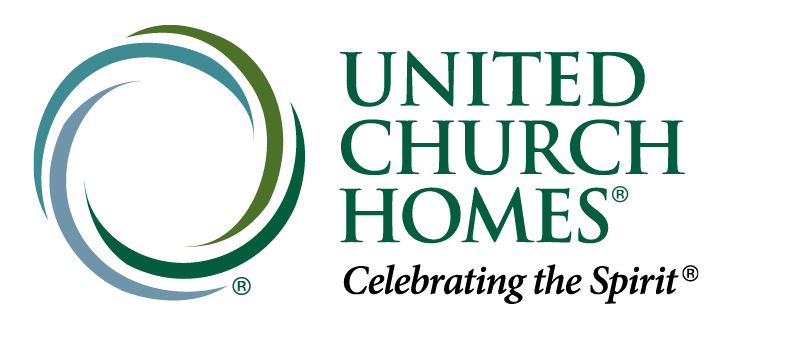Highlights from this week’s conversation include:
- Helen’s passion for the new retirement (1:18)
- The birth of Project Renewment (1:49)
- Renewment’s significance for women (8:30)
- Unintended Consequences of Renewment (14:05)
- Connections which lead to relationships (16:04)
- Creating Change through Ageism Awareness (19:55)
- Helen’s abundant aging role models (28:06)
- Connecting with Helen and Renewment (31:36)
Abundant Aging is a podcast series presented by United Church Homes. These shows offer ideas, information, and inspiration on how to improve our lives as we grow older. To learn more and to subscribe to the show, visit abundantagingpodcast.com.

